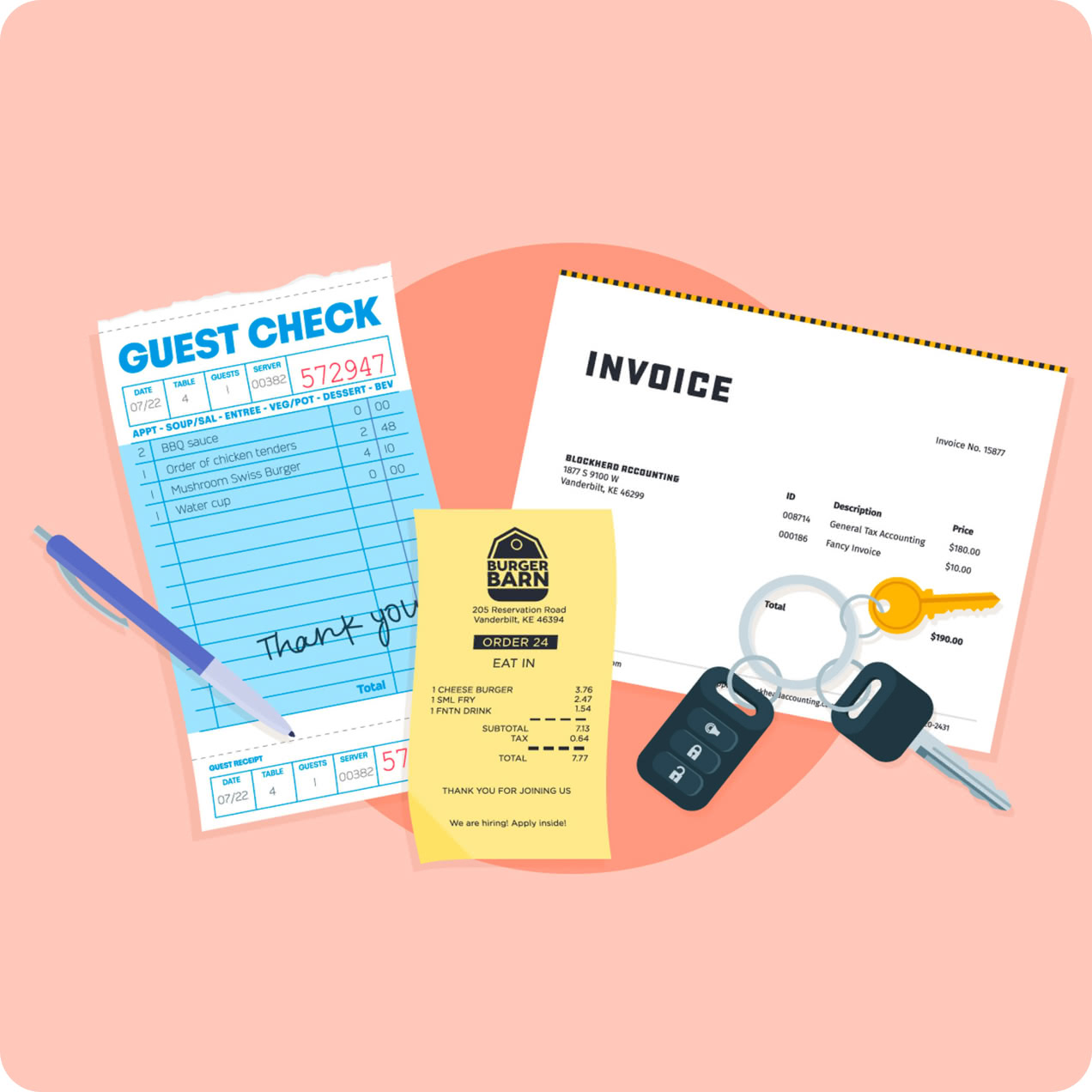
Here's how Advanced Budgeting aligns with curriculum standards in Washington DC. Use the filters to change the location, set of standards, and grade level.
Earning Income
Knowledge Standards
EI.K.4: Analyze the differences between sources of retirement income, including Social Security, employer-sponsored retirement plans, personal investments and continued employment earnings.
Standards
Defined by Financial Literacy Standards 9th-12th Grades and align with Advanced BudgetingSpending
Skills Standards
SP.S.1: Create a budget based on changing individual inputs, constraints and goals.
Standards
Defined by Financial Literacy Standards 9th-12th Grades and align with Advanced BudgetingCredit
Skills Standards
CR.S.5: Identify factors that impact an individual's credit score, and ways individuals can improve their credit.
Standards
Defined by Financial Literacy Standards 9th-12th Grades and align with Advanced Budgeting